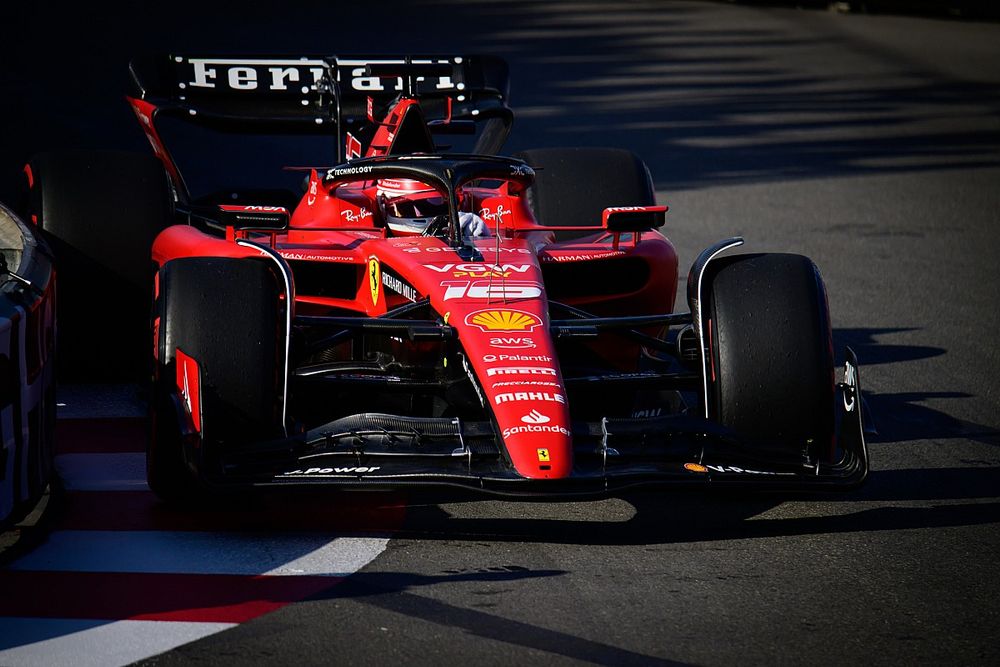During the last three months of 2024, Tesla reported a 3% revenue increase on a year-over-year basis, a sharp slowdown from previous years. The company’s adjusted earnings per share came in at $0.71. Both of these headline figures missed Wall Street expectations, helping to send shares lower. Investors looking to buy this top electric vehicle (EV) stock, which is 55% below its peak, should think twice. Instead, consider another auto business that’s firing on all cylinders right now.
Tesla has been dealing with challenges
Tesla’s impressive growth and outsize profitability historically have resulted in the stock being valued more like a tech business. The shares’ monster performance in the last decade proves this. But more recently, the company’s financials are starting to mimic legacy automakers, which isn’t a good thing.
Not only is Tesla’s top-line growth slowing down due to higher interest rates and ongoing price cuts, but profitability has weakened noticeably as well. The company’s Q4 operating margin of 8.2% was well below the 16% reported in the year-ago period.
For the current year, executives expect shipment growth to be lower than in 2023. And Wall Street consensus analyst estimates call for revenue in 2024 to be 14% higher than last year, a pace that would represent Tesla’s slowest since 2010. These challenges aren’t encouraging for investors.
Ferrari is more than just an automaker
While Tesla continues to struggle, Ferrari (NYSE: RACE) keeps thriving. The Italian enterprise is known for selling some of the most in-demand vehicles on the face of the planet. And this strategic focus has benefited shareholders, as the stock has tripled in the last five years.
While Ferrari does design and make cars sold all across the world, this business is really a luxury brand. In the three-month period that ended Sept. 30, the company registered a gross margin of 50%. That figure might have made you look twice to ensure its accuracy. This margin means Ferrari’s profitability is far from resembling a typical carmaker’s.
Perhaps more impressive, Ferrari’s margins are significantly higher than Tesla’s. This is due to the former’s tremendous pricing power, a characteristic that Warren Buffett says identifies a great business.
Enzo Ferrari, Ferrari’s founder, once said that the company would always make one less vehicle than is demanded by the market. This strategy of exclusivity helps support Ferrari’s brand status, a key competitive advantage.
Economic uncertainty and the possibility of a downturn are things that don’t really bother Ferrari’s management team. This business is recession-resilient as it targets some of the world’s wealthiest people as its customer base. These consumers aren’t necessarily watching their spending like lower-income people would. So, they are able and willing to pay a six-figure sum for a car, no matter the circumstances.
On the other hand, a mass-market automaker would see sales decline and losses pile up when times get tough, generally making them poor investment candidates. Everyone worries about the direction of the economy. And everyone wishes they knew where interest rates were headed or whether a recession is on the horizon in the near term. This isn’t a concern for Ferrari shareholders.
I believe every investor should at least add Ferrari to their watchlist. The issue of whether to buy shares comes down to valuation. The business that sells premium supercars also tends to have a premium valuation. Ferrari’s current price-to-earnings ratio of 48.2 doesn’t scream discount.
It’s best to keep tabs on this company, practice patience, and get ready to buy should the valuation drop to something you’re more comfortable paying.



